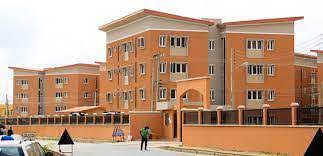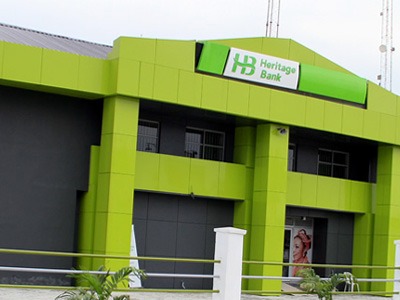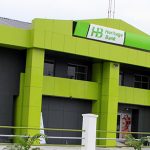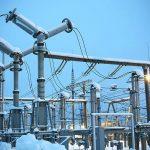Lagos, Nigeria’s economic hub, is facing a severe housing crisis, with house rents increasing by over 100% in just four years, far outpacing stagnant incomes.
This mismatch is putting immense financial pressure on residents, forcing them to cut essential spending or seek additional income to afford housing.
Join our WhatsApp ChannelPersonal stories highlight the strain, with residents like Abraham Adekunle and Bisola Oke sharing their struggles with skyrocketing rents. Okoro was shocked to find that the rent for a two-bedroom apartment in Oke-Afa-Ejigbo had jumped from N400,000 to N1.1 million in just four years. Oke faced similar increases, with her rent rising from N350,000 to N1.3 million per year.
“I was completely shocked. I couldn’t believe how the rent had just shot up so much in just a few years,” Adekunle explained.
Experts attribute the crisis to a significant influx of people seeking better opportunities, a substantial housing deficit, and gentrification. Adepetu Emmanuel, an estate surveyor, notes that the demand for housing is driving up rental costs, and the development of efficient road networks and gentrification are further exacerbating the issue.
“The primary reason rents are rising in Lagos is due to the substantial influx of people from other states and rural areas, all searching for better opportunities.
“This increase in migration significantly boosts the demand for housing, which in turn compels landlords and property owners to hike rents due to heightened competition for available spaces,” Emmanuel explained.
READ ALSO: Kansas Governor Laura Kelly Defends Transgender Rights, Rejects Abortion Restrictions
A real estate consultant in Lagos, Emmanuel John in an interview said that the rising costs of construction and renovation have been major drivers for the increasing rental prices in the state over the past few years.
He explained that inflation affecting the country has escalated the prices of building materials. Consequently, landlords and property owners have been passing these increased costs onto tenants through higher rents.
“A major driver behind the rising rental prices in Lagos has been the increasing costs of construction and renovation,”
“Over the past few years, inflation has significantly pushed up the prices of building materials, and landlords, as well as property owners, have been transferring these higher costs onto the rents they charge,” he explained.
He also observed that although the rise in rental prices could generally be justified by identifiable economic factors, some landlords and property owners in Lagos have been raising rents without corresponding improvements to their properties.
“Even though the metrics behind some rent increases can be traced and justified, there are many landlords who are simply raising rents without making any noticeable upgrades to the structures they rent out,” he stated.
The Lagos State government plans to sanction landlords who increase rents without reason or rent houses at exorbitant rates and enforce monthly rental payments.
However, more needs to be done to address the crisis, including regulating the rental market, developing affordable housing projects, and subsidizing construction materials.
The escalating rental prices in Lagos highlight the growing disparity between the cost of living and earning capabilities. Without prompt measures, affordable housing will remain elusive, and Lagos risks becoming inaccessible to all but the affluent.
Emmanuel Ochayi is a journalist. He is a graduate of the University of Lagos, School of first choice and the nations pride. Emmanuel is keen on exploring writing angles in different areas, including Business, climate change, politics, Education, and others.



















Follow Us